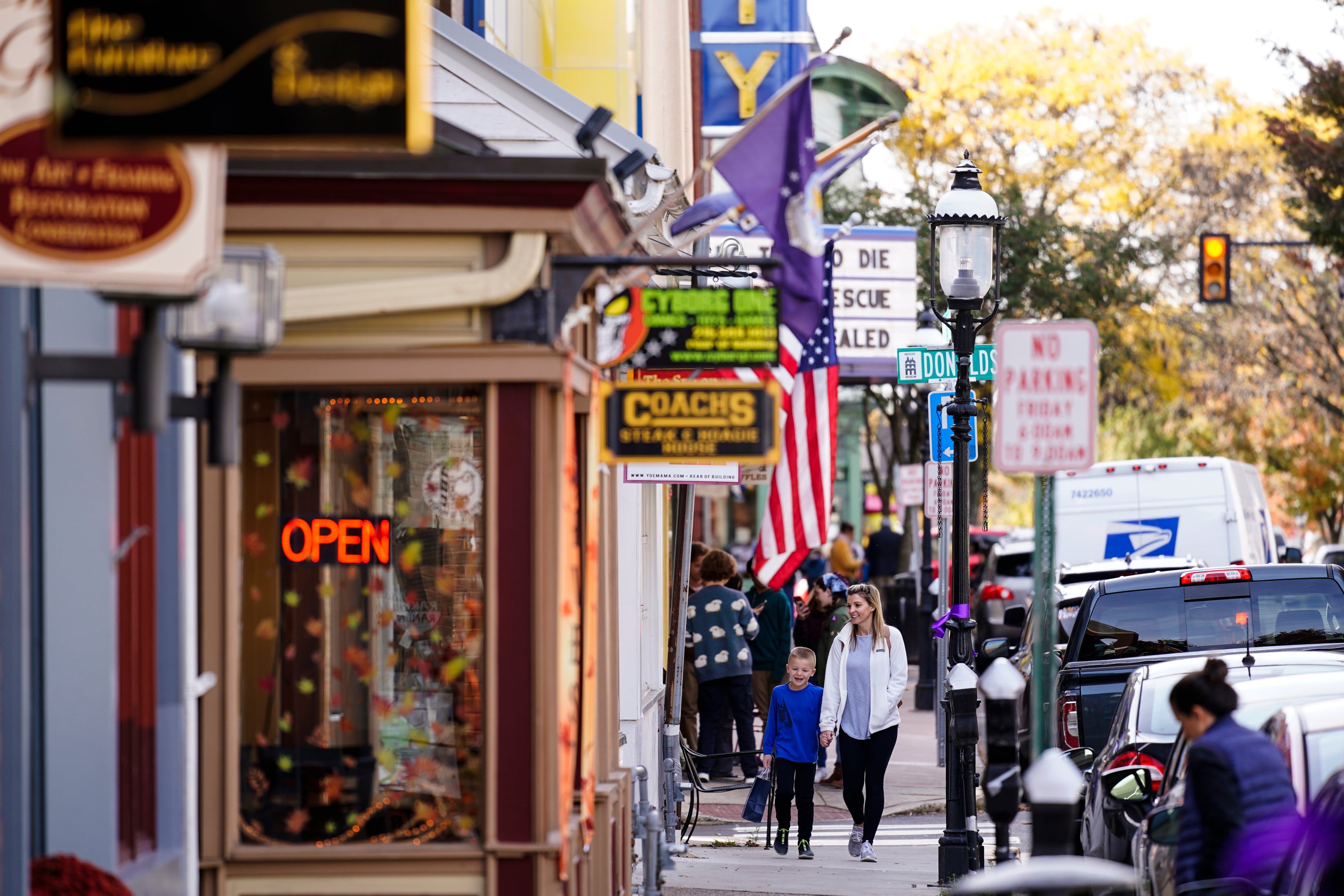*By Carlo Versano* College students too hungover to peel themselves out of bed and go to D-Hall will have a new on-demand option for quick, healthy snacks. PepsiCo ($PEP) is spearheading an autonomous food delivery service on the campus of the University of the Pacific in Stockton, Calif., where students can now order snacks via an app that are then delivered to them via a small robotic vehicle. The "snackbot" is a "first-of-its-kind" experiment in self-driving and robotics technology, Scott Finlow, vice president of innovation and insights at PepsiCo, told Cheddar. The "Labrador-sized" robotic delivery vehicles are designed and built by Robby Technologies, and stocked with goods curated by Pepsi's Hello Goodness vending brand, such as Sun Chips, Pure Leaf teas, Starbucks Cold Brew and Bubly sparkling water. Students can download the app from Apple's App Store, choose items from an in-app menu, select their location from one of 50 delivery spots on campus, and then wait for the wheeled robots to show up with their snacks. Sensors record what's taken, and the transaction is logged when the lid closes (think of the latest in minibar technology, married with a self-driving car, if that car was a cooler on wheels). Finlow said the technology could expand to more campuses, though he wouldn't mention any by name. "Certainly we think it's a scalable idea," he said. He said the venture sprung from a belief that today's college students are looking for healthier and more convenient snack options, and that the pilot program with the University of the Pacific will help Pepsi develop data that it can use to build out a network of snackbots. "We've got a lot to learn on this campus," Finlow said.












